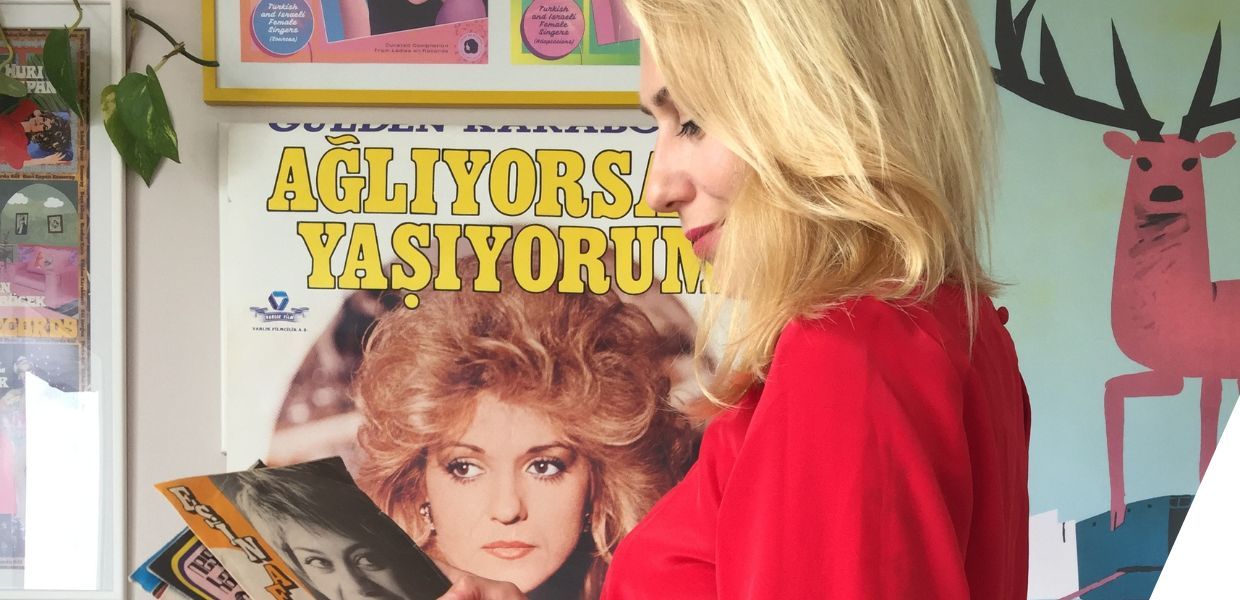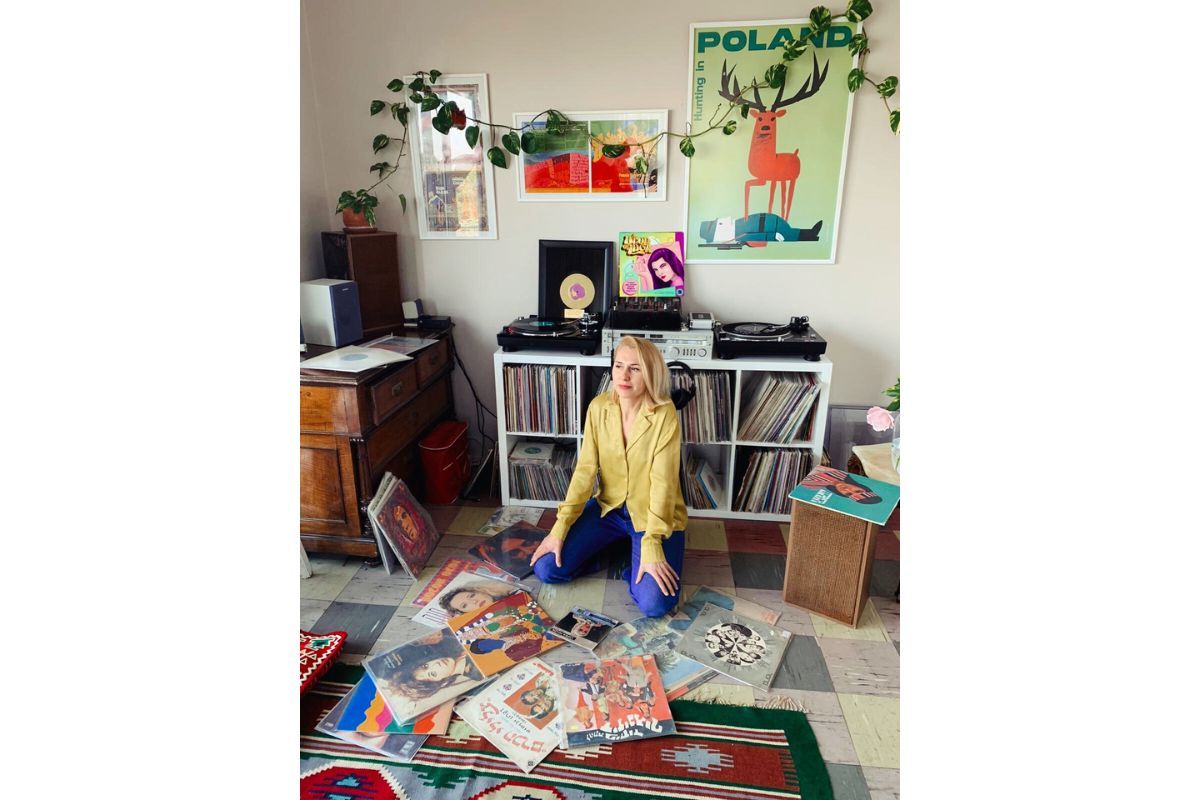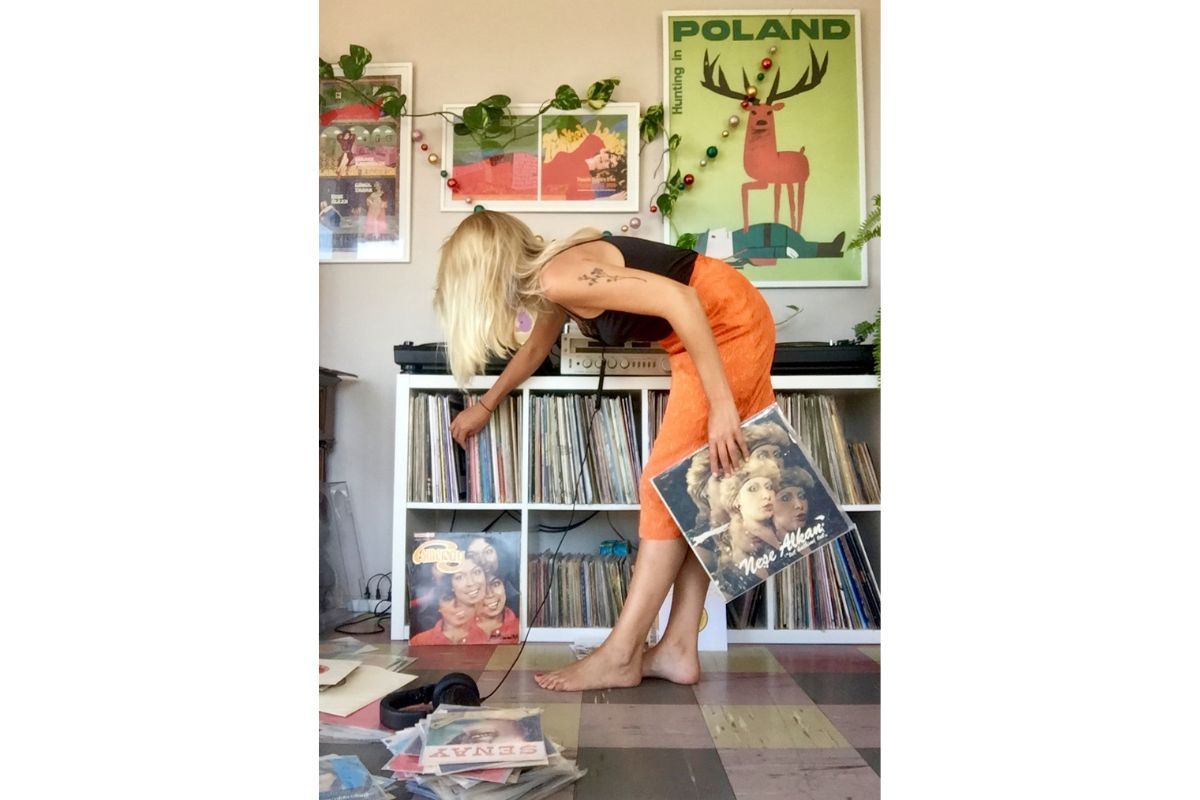We can build a reality of facts and artefacts
Kornelia uses both digital and physical resources to ‘build a solid version of reality’ that is expressed in her podcasts, playlists and articles. So, how does she approach her research?
‘I am an anthropologist of culture, I don’t just look for music. I often go to databases and search engines and type something very random to find inspiration that will take me to another story, a deeper understanding. I use technology in a freestyle way.
‘We are overwhelmed with information that is very momentary, especially in the Instagram, TikTok era, we get something that is an impression of reality.
‘A database gives us a more solid knowledge of history, it helps us understand both past and present and maybe foresee some future situations.
‘It’s interesting to think about those databases as living museums of artefacts that are constantly being rebuilt and refurnished with inner tags and labels that can change during the process of working with them. This gives us new perspectives and deeper perspectives of things. We land in a more solid and more reliable reality of facts and artefacts.
‘I use Europeana.eu, the British Library, and Istanbul research institutions like SALT, that explores meanings around the contexts of being Turkish. And I love Discogs - a database devoted to the presentation of recorded music. It gives access to users to update information. I also go to the physical libraries and archives, I am a digger. And I love contact with people - collecting stories, carrying out interviews - people are the best source of knowledge.’




